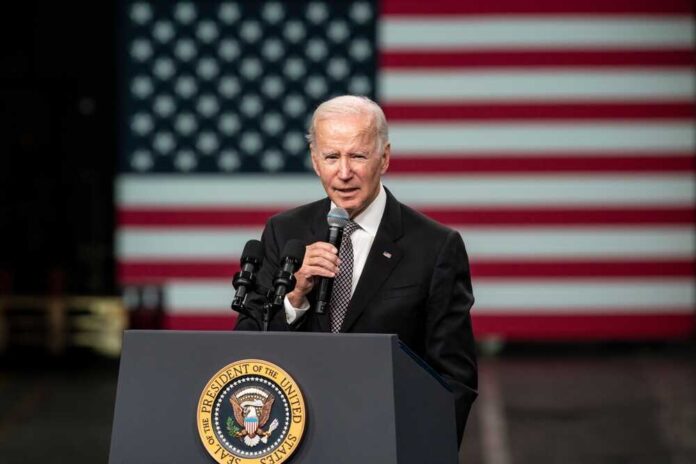
An agreement in principle between congressional Republicans and the White House has been reached to raise the debt ceiling and avoid a federal government default.
President Joe Biden and House Speaker Kevin McCarthy (R-CA) hammered out a tentative deal to increase the government’s debt limit and keep programs running. This followed multiple proclamations from the president that he would not negotiate on the issue.
The deal sets a higher debt ceiling for two years, puts caps on federal spending, freezes nondefense spending for 2024, and enacts work requirements to benefit from certain social programs.
McCarthy tweeted that the country’s $31.4 trillion debt ceiling would indeed rise. “I just got off the phone with the president a bit ago. After he wasted time and refused to negotiate for months, we’ve come to an agreement in principle that is worthy of the American people.”
Though some questioned the scope of spending cuts, the Speaker touted the agreement as a “historic” accomplishment.
McCarthy noted that it does not include new taxes or government programs. It does, he said, reduce spending, pull back government overreach, and enact “consequential reforms that will lift people out of poverty and into the workforce.”
McCarthy, Biden reach Debt Ceiling agreement in principle
If he caved, will he survive a speaker?
Via BREITBART pic.twitter.com/1AsKa9sFHj
— Gary D (@KMGGaryde) May 28, 2023
Not everyone agreed.
Rep. Ralph Norman (R-SC) tweeted that the agreement is “insanity.” The House Freedom Caucus member lamented agreeing to a $4 trillion debt ceiling increase with very few cuts.
Another House member, Rep. Ken Buck (R-CO), termed the deal between Biden and McCarthy “completely unacceptable.” Calling the conclusion a “debt ceiling surrender,” Buck noted the country will still be saddled with $35 trillion in debt in less than two years.
Some raised the specter that McCarthy’s speakership is in danger, but the California Republican brushed that talk aside.
When asked about pushback from GOP conservatives, McCarthy noted that “we did a conference call with our conference and over 95% were overwhelmingly excited by what they see.”
As he endured an extended vote to become Speaker in January, he also agreed to lower the threshold for achieving a vote to eject the holder of the gavel. But as for being worried about the prospect, McCarthy answered “not at all.”
Rep. Matt Gaetz (R-FL) also shot down the notion. On Twitter last week, he posted that “literally nobody except the press is talking about removing McCarthy right now.”

































